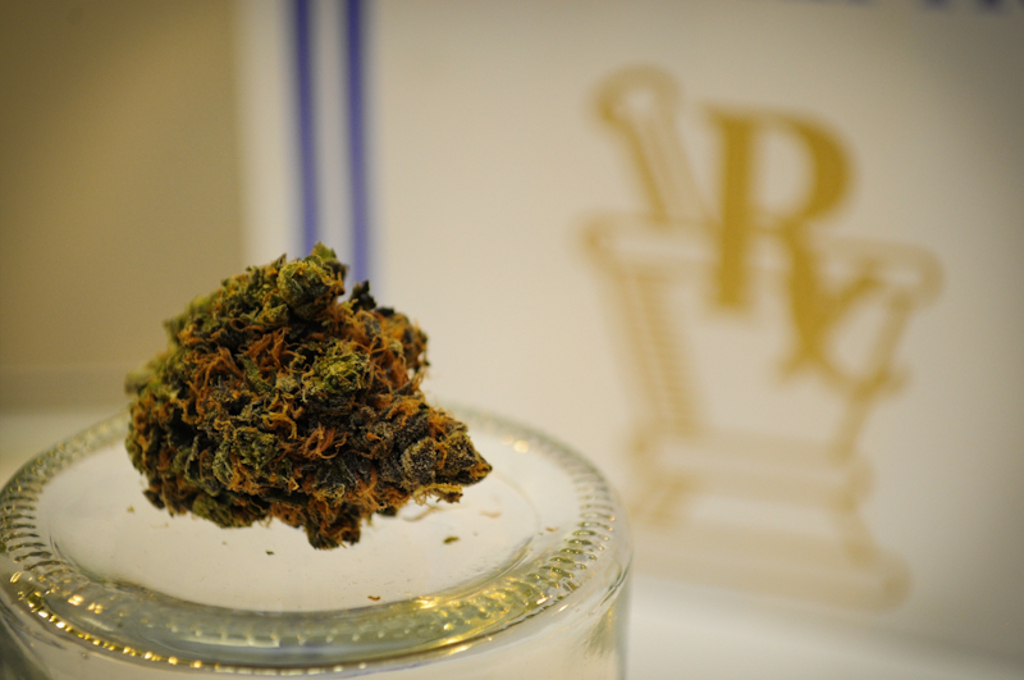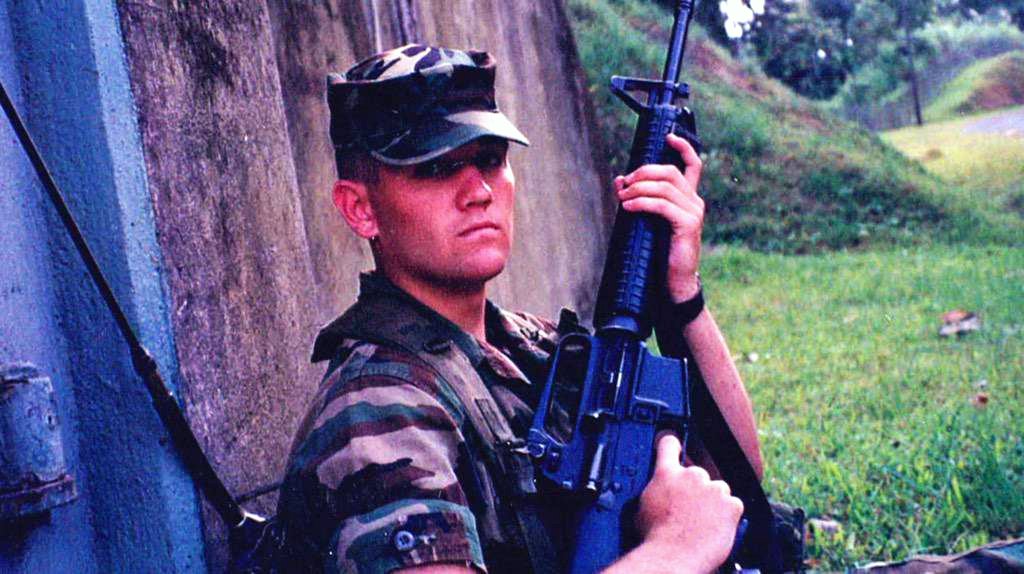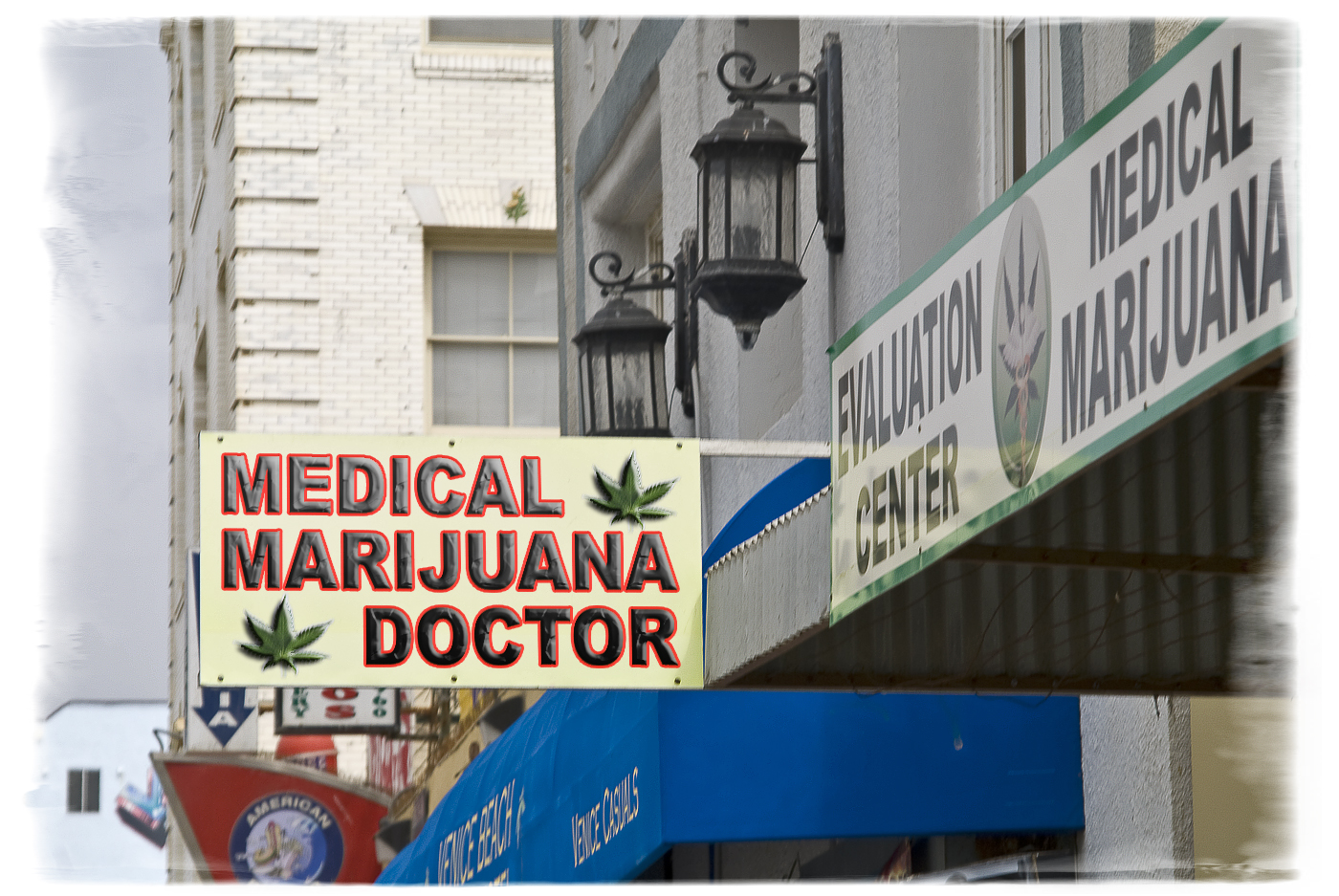When Dr. Sue Sisley, a lifelong Republican, was just beginning her residency at the Veterans Affairs hospital in Phoenix, she refused to believe her patients when they told her about the healing potential of cannabis.
“I’ve always been interested in cannabis as a social justice issue and a matter of public policy, but I was never able to embrace it as medicine until these veterans really taught me how,” Sisley told me.
Sisley was “highly dismissive and judgmental” of marijuana at first but, over time, as more and more veterans shared their experiences, she started to accept its therapeutic potential.
Now, not only does she regularly treat multiple conditions by prescribing legal medical cannabis as an Arizona-based family physician, she’s part of a team involved in the first government-funded study to examine the effectiveness of cannabis in treating post-traumatic stress disorder (PTSD) in vets.



